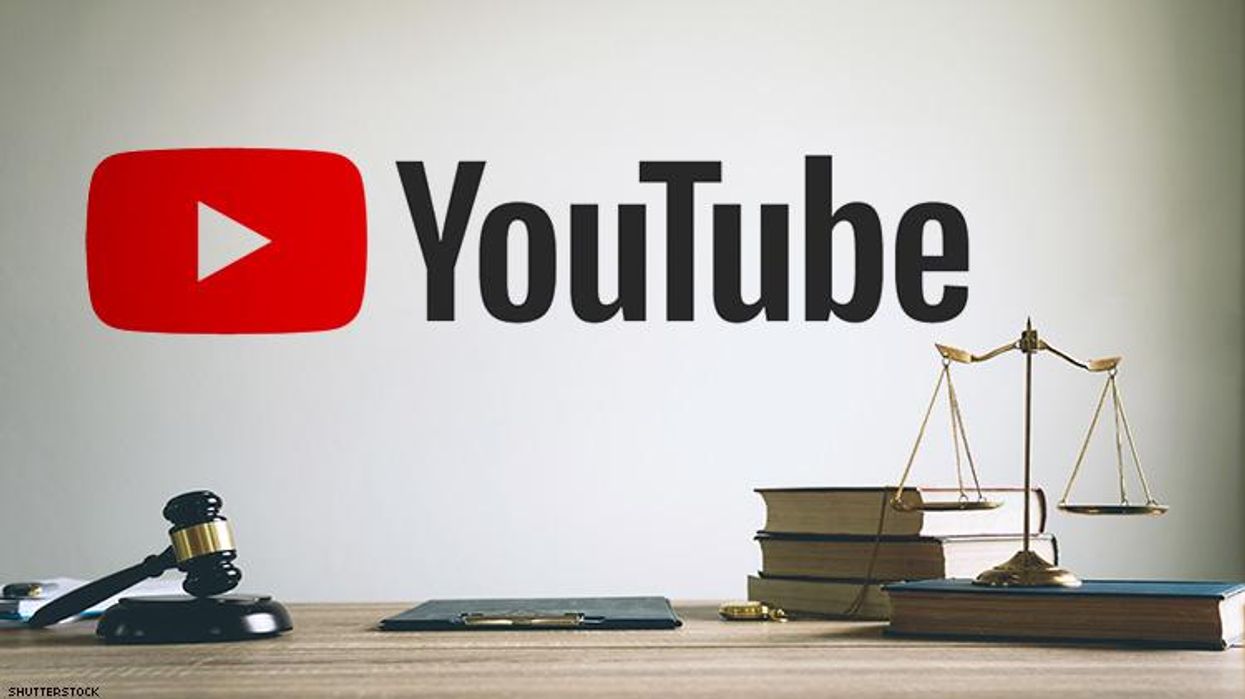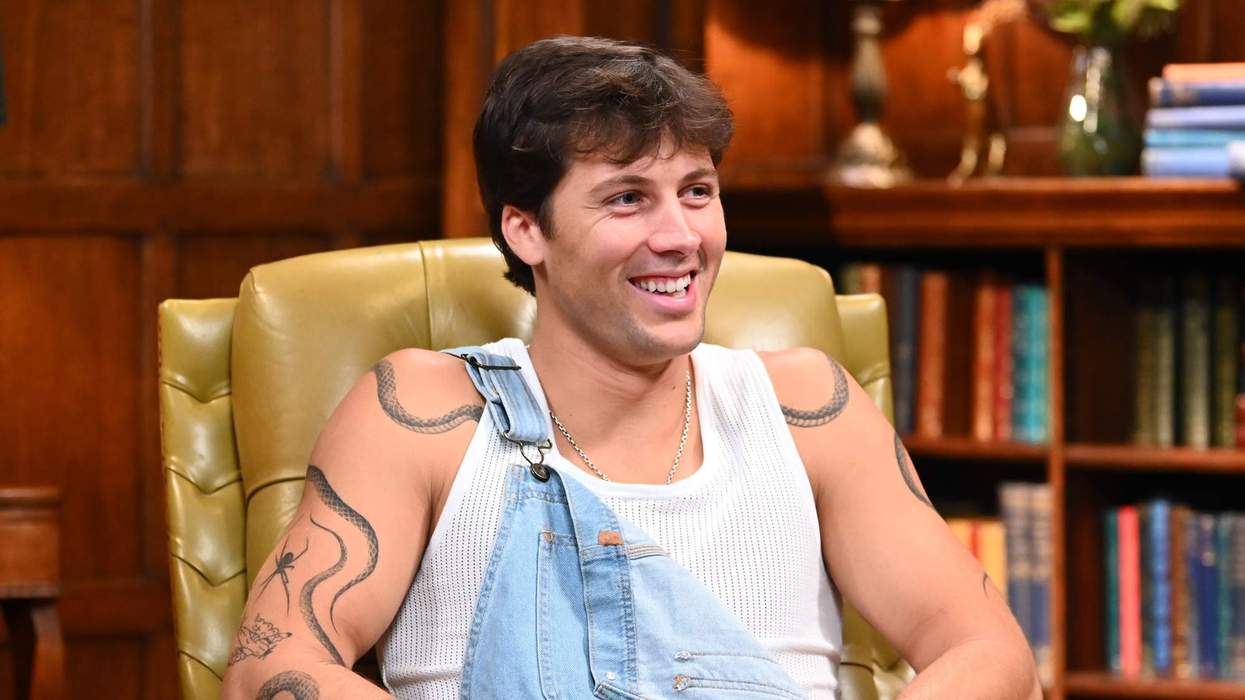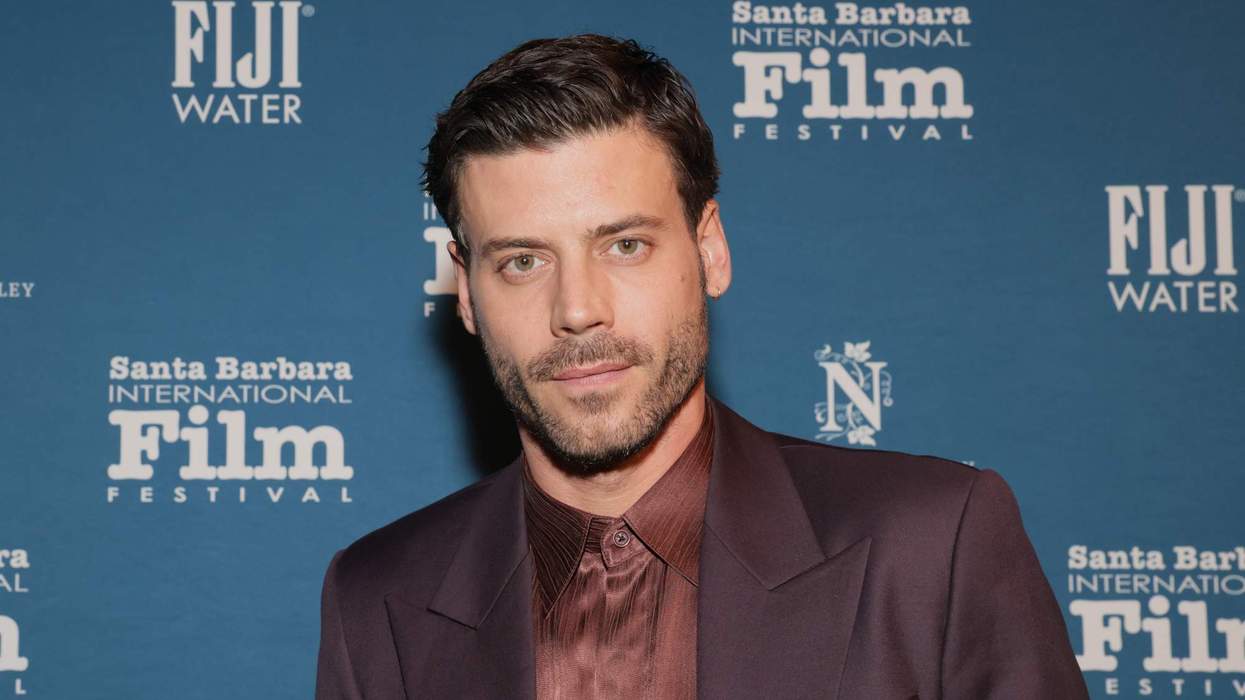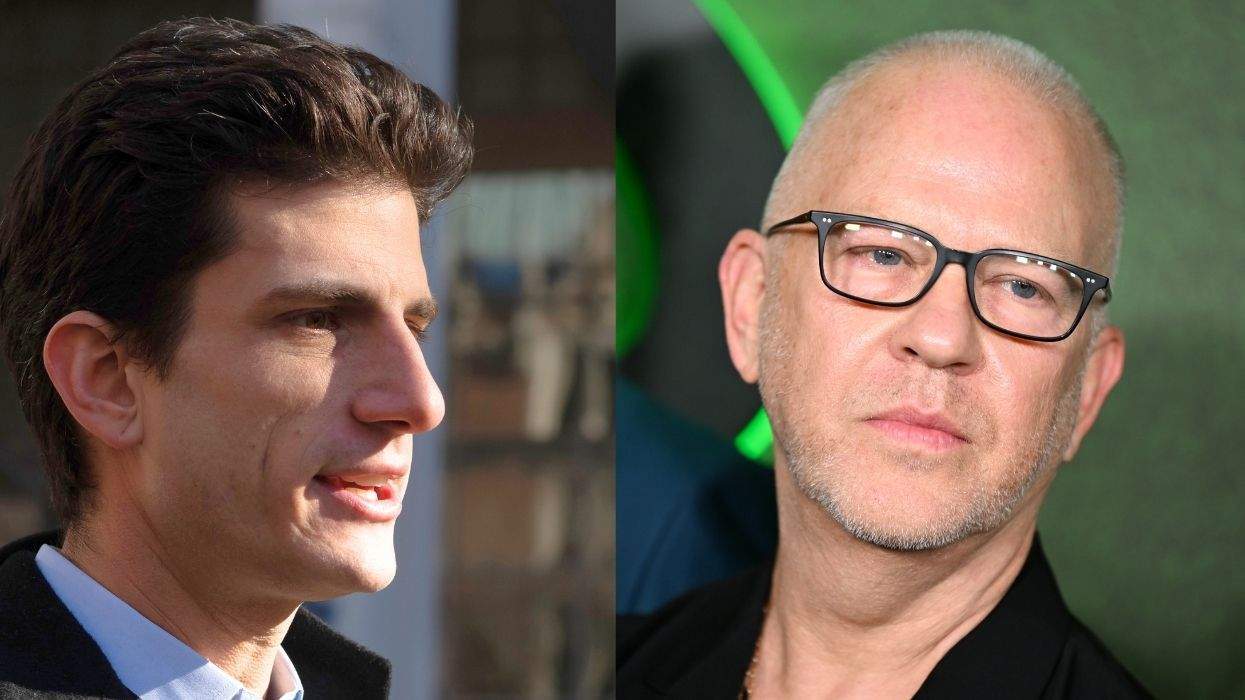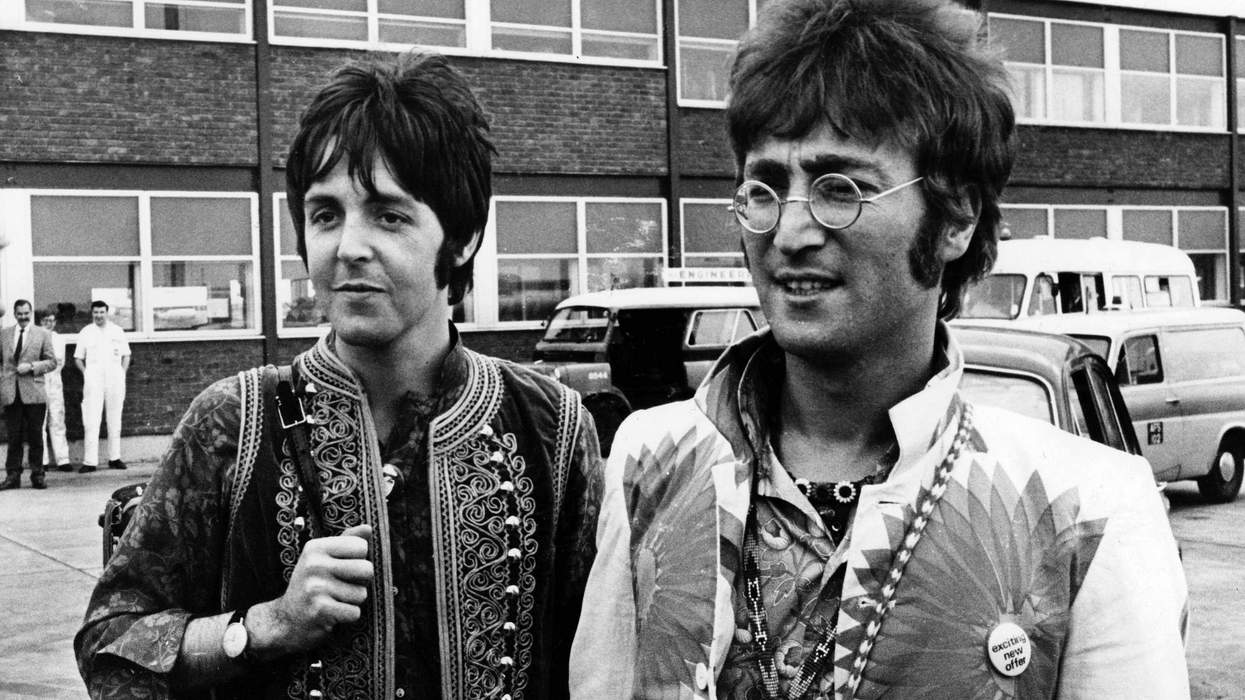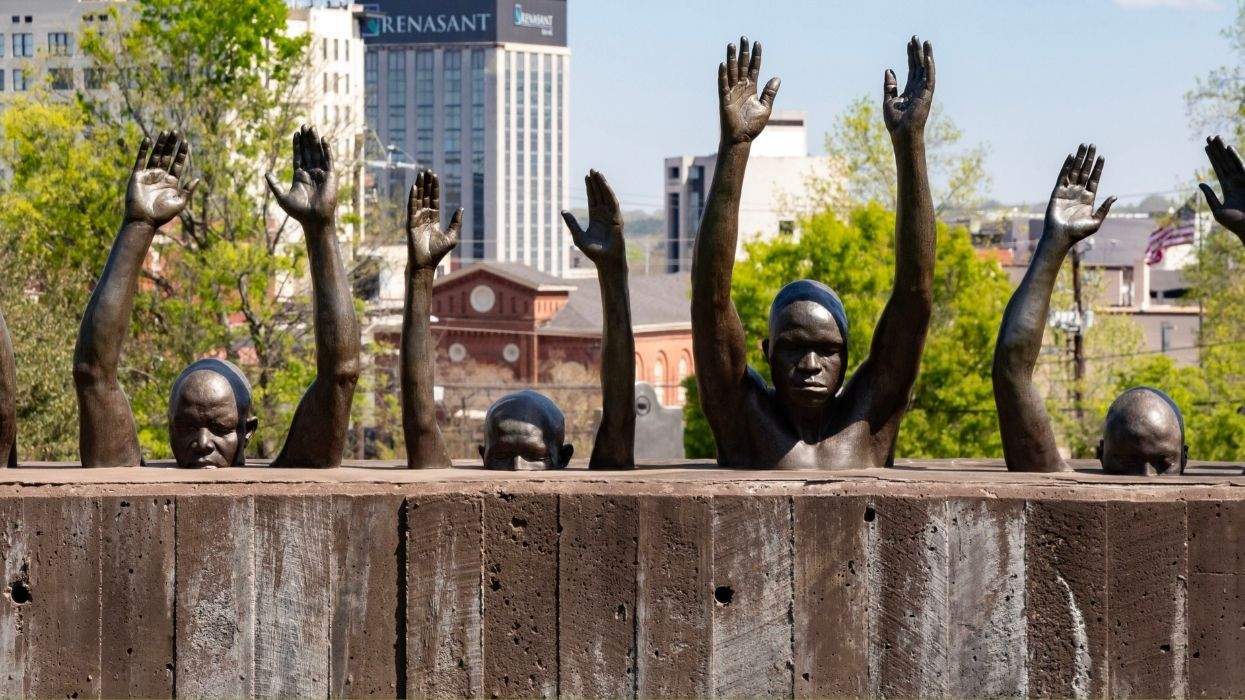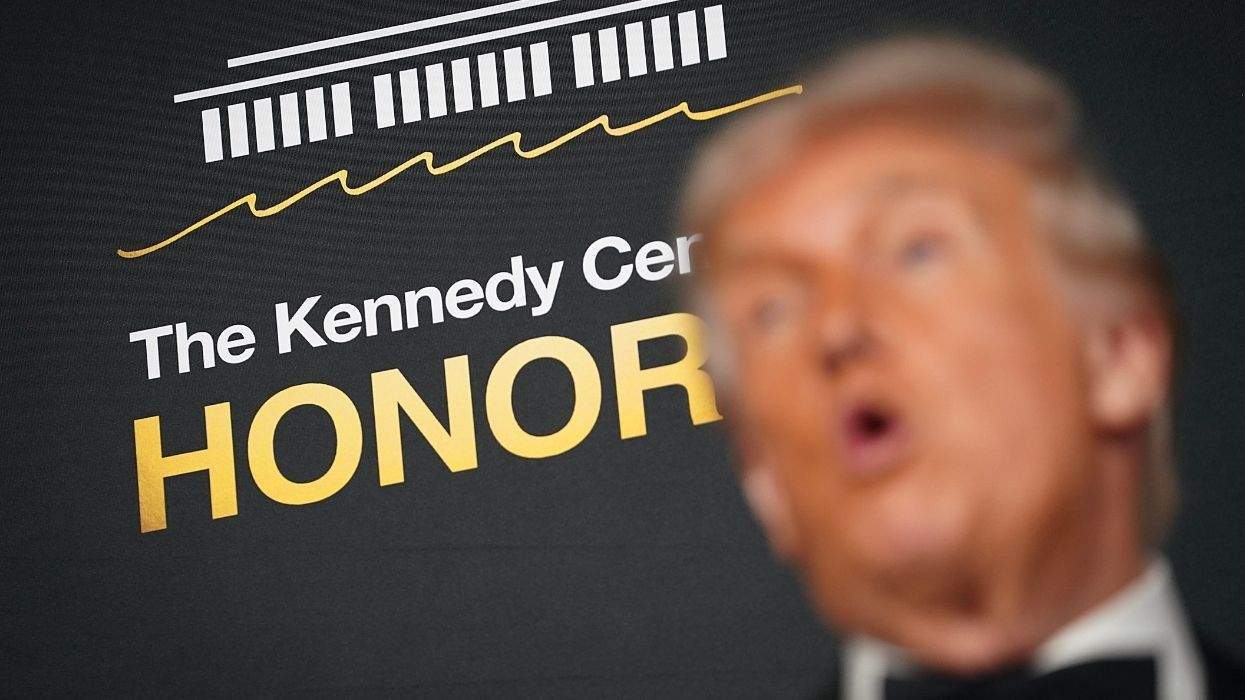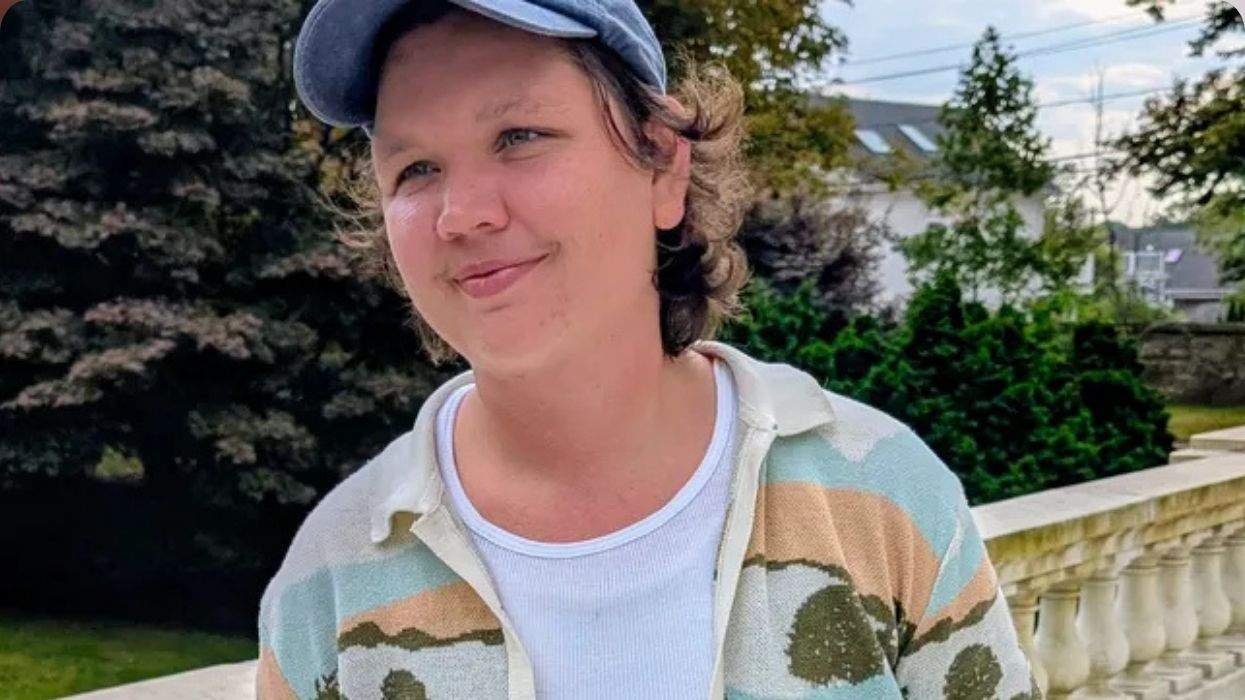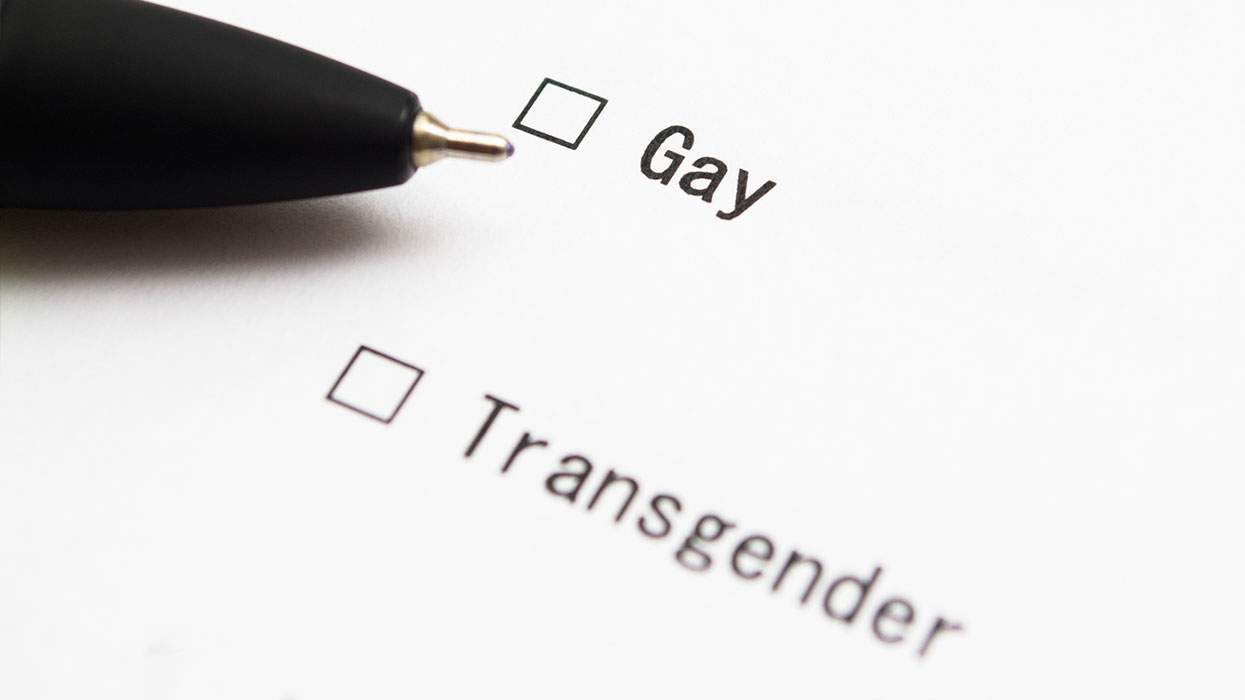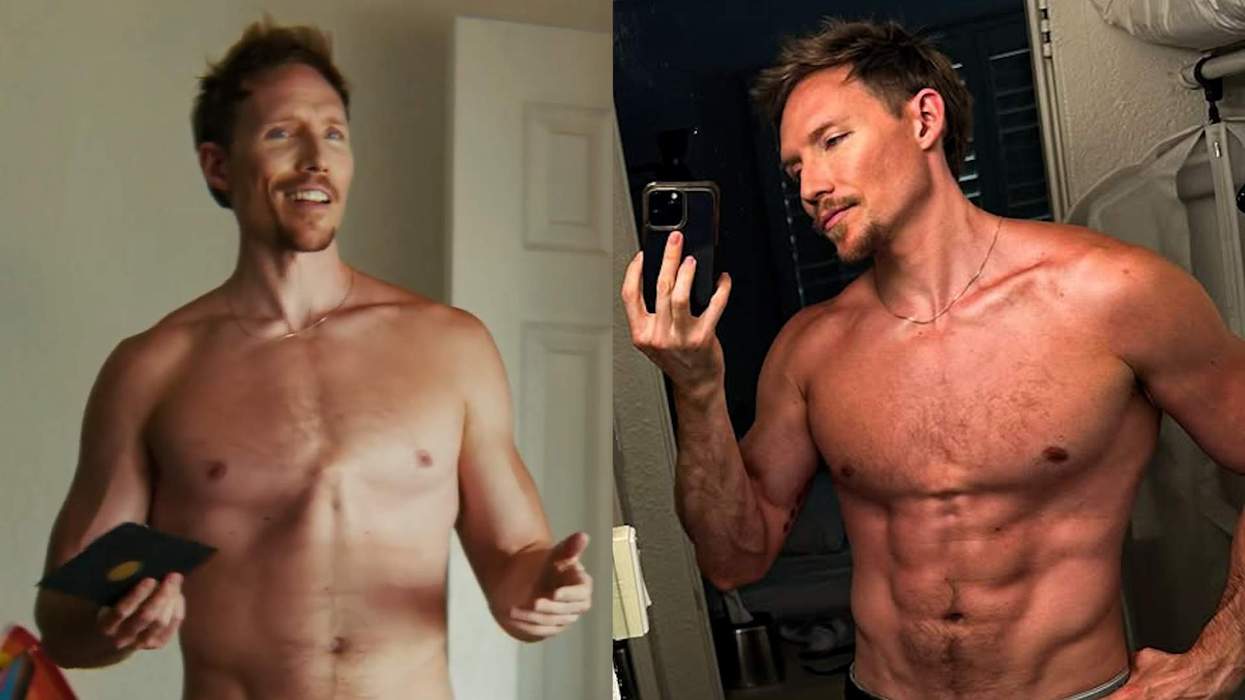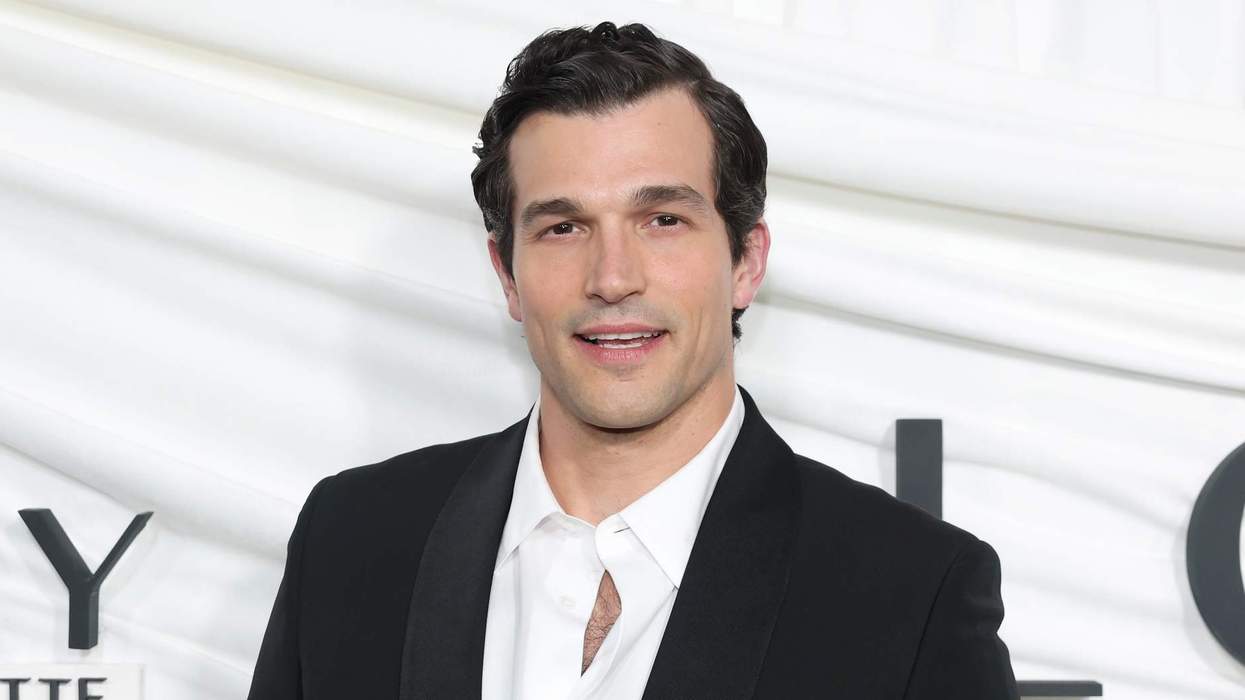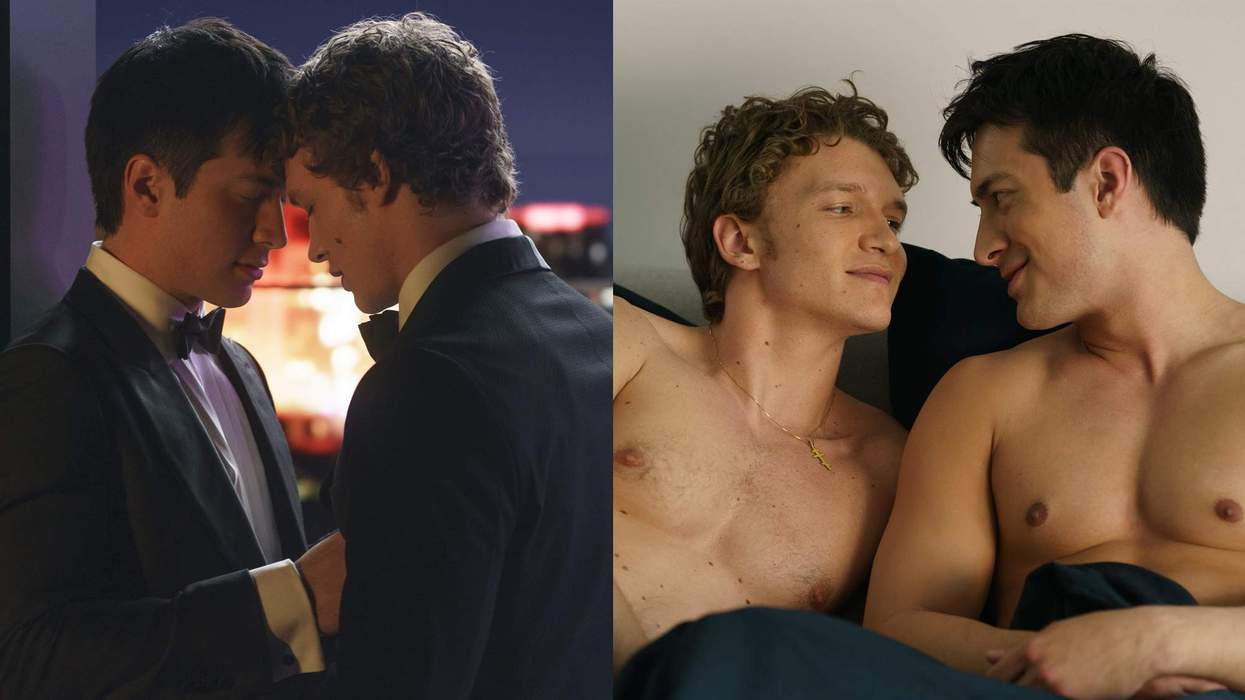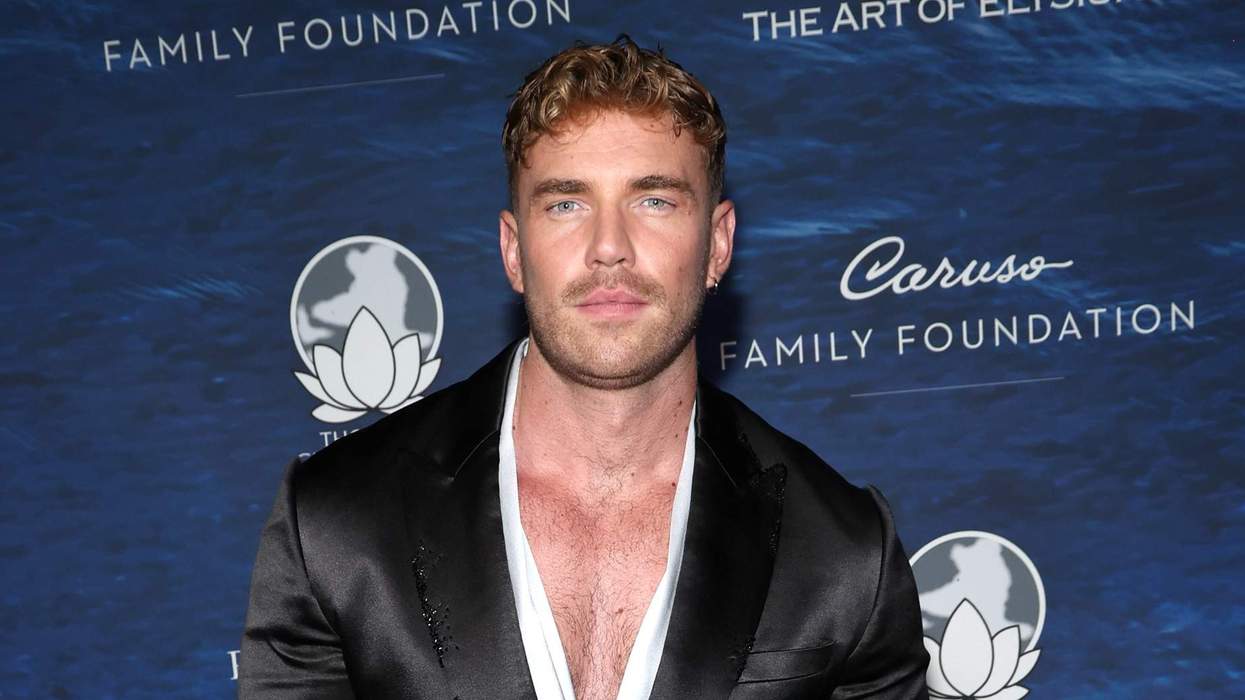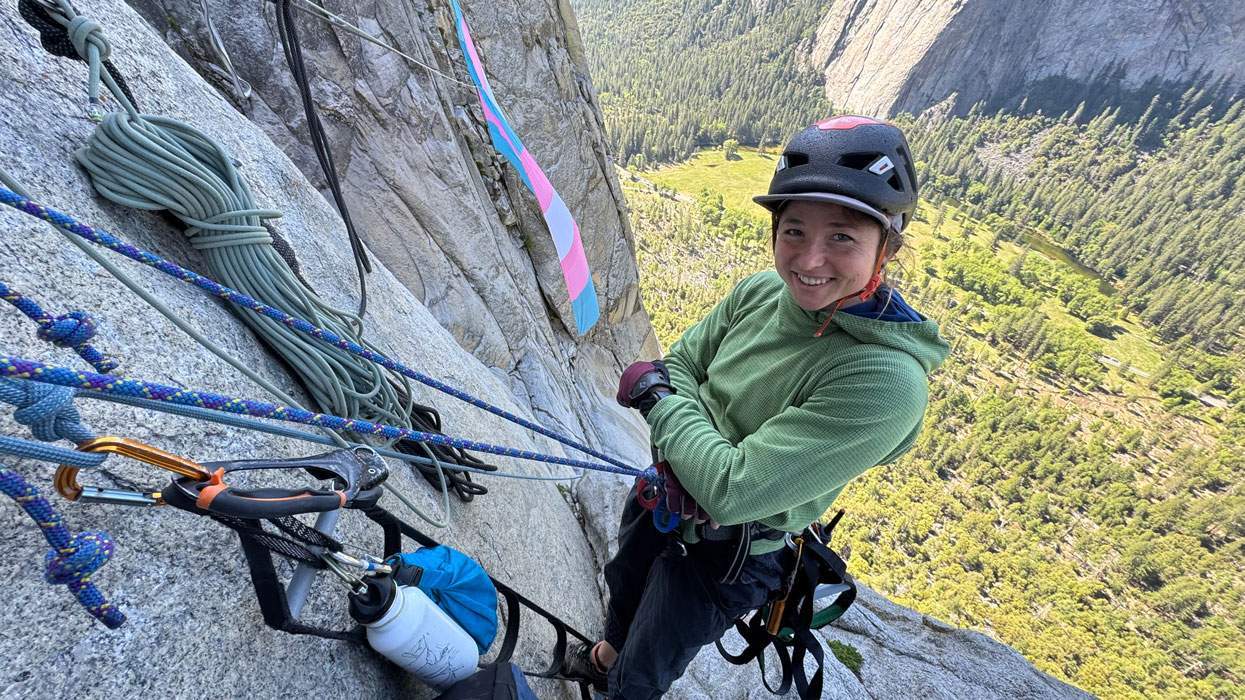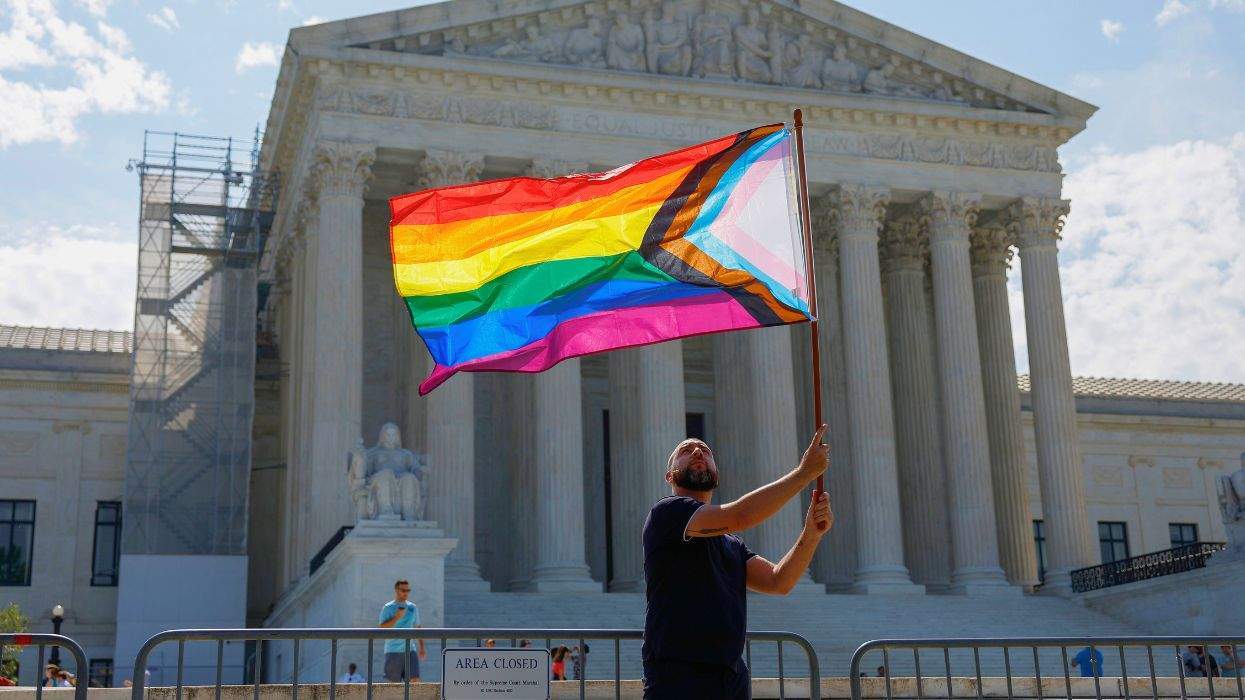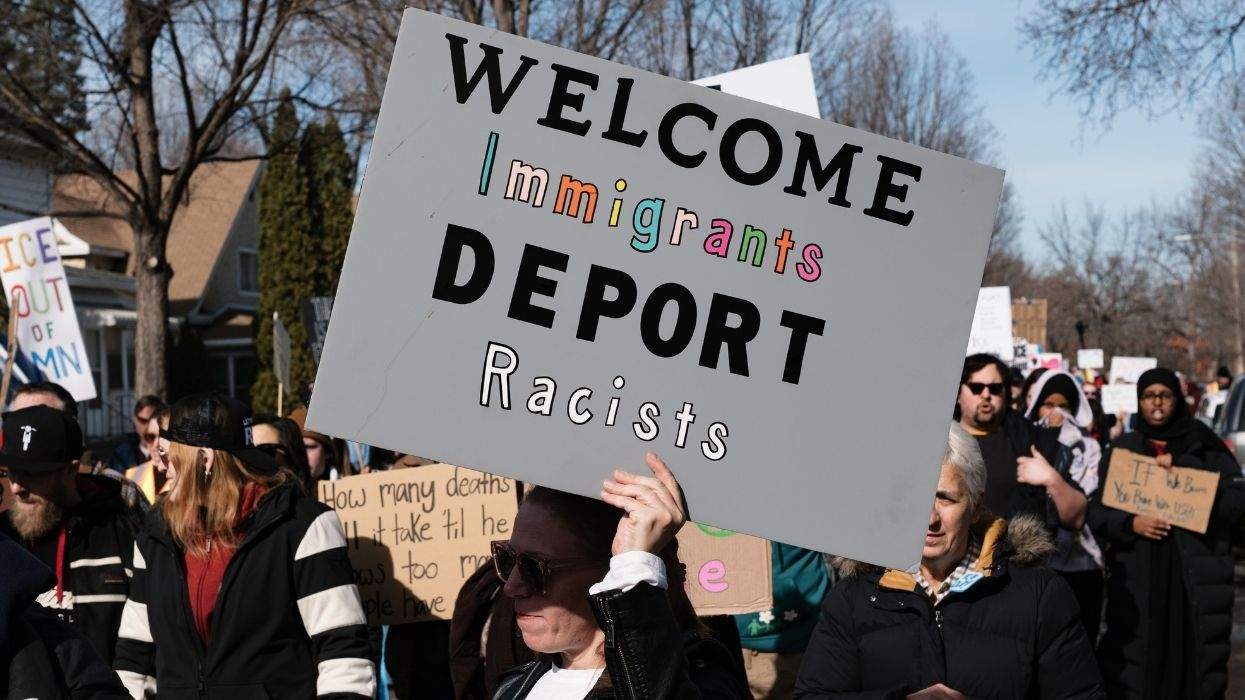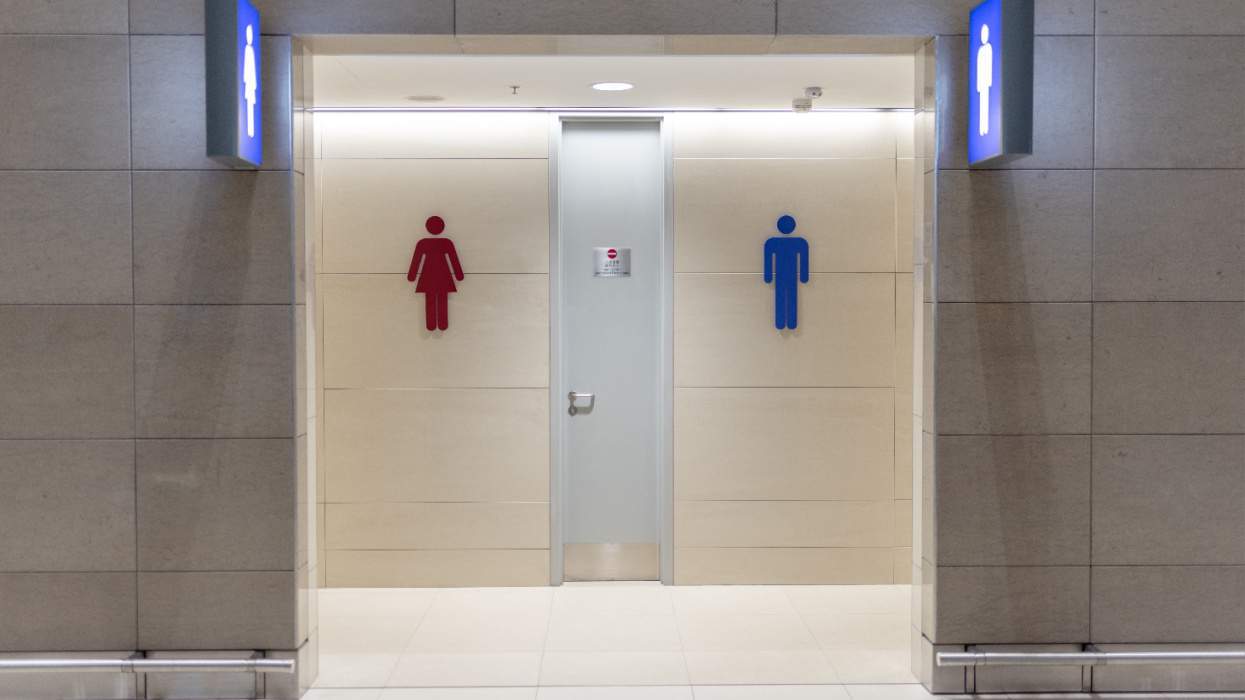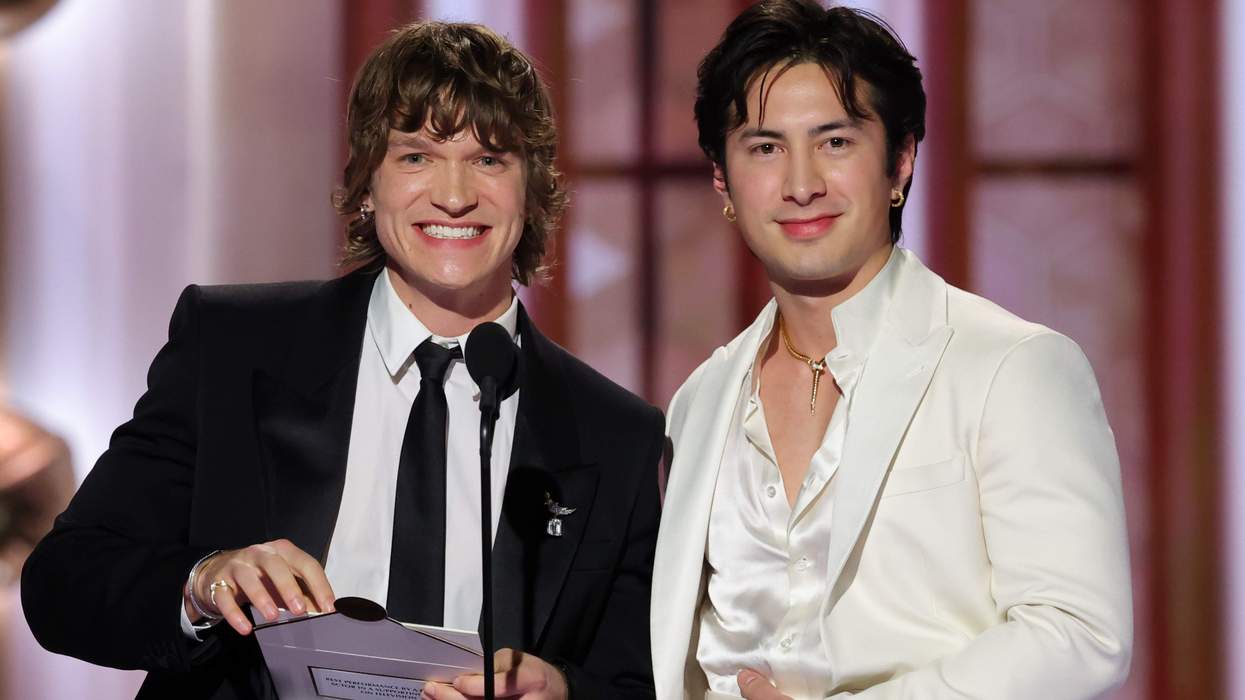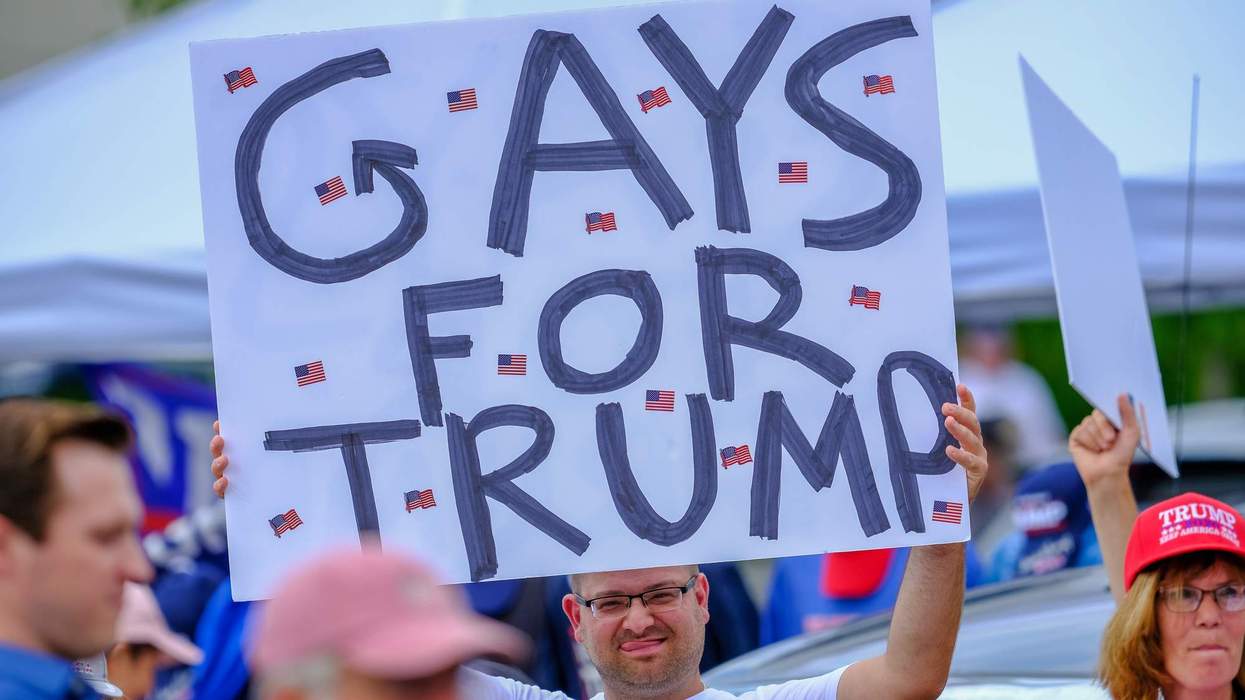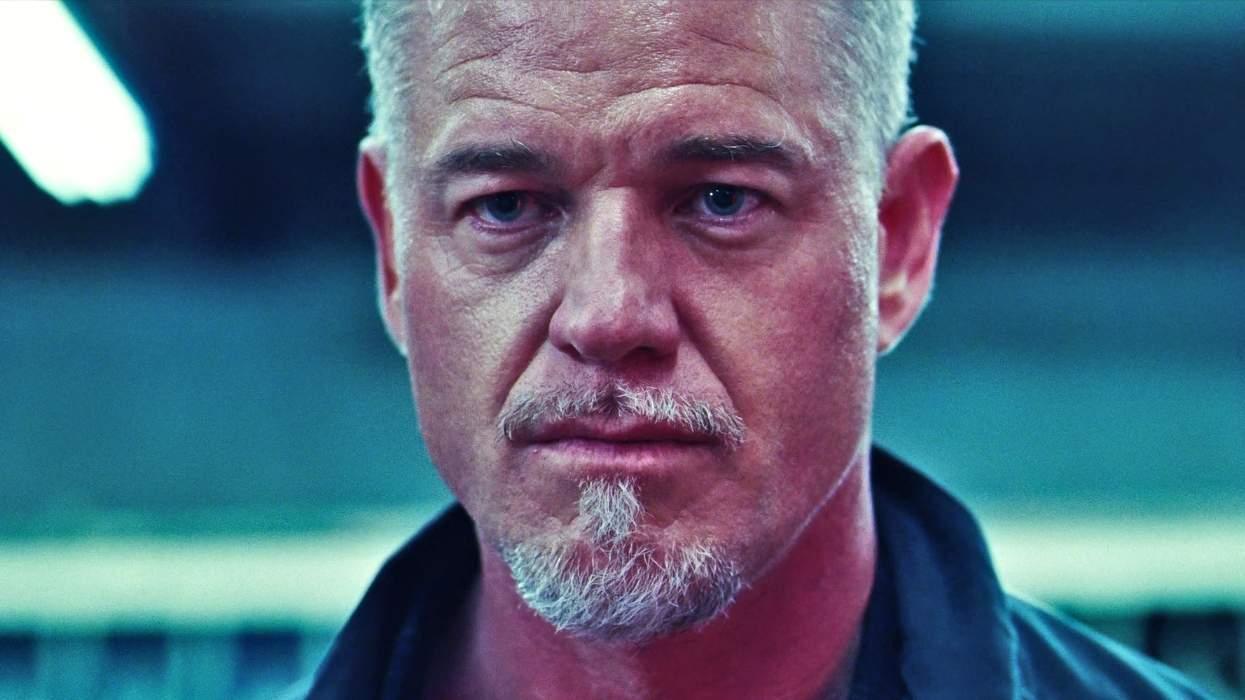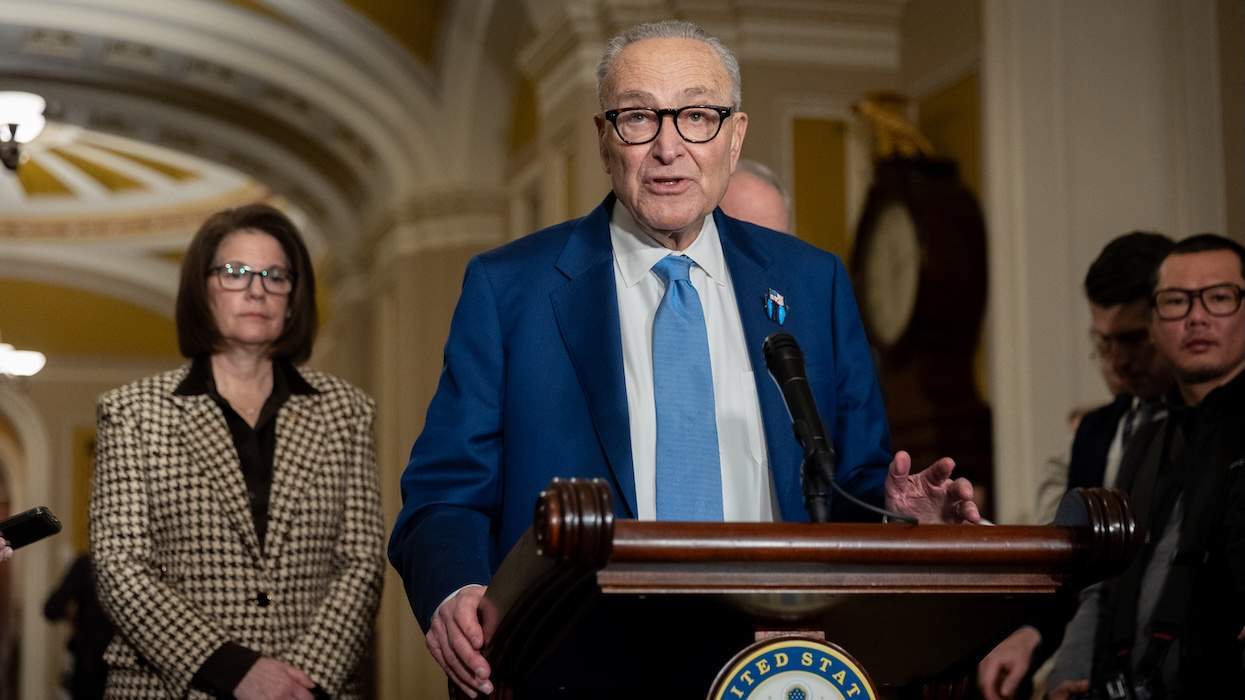A group of LGBTQ+ video creators has filed suit against YouTube on Tuesday, claiming the video site uses "unlawful content regulation ... [to] financially harm the LGBT Plaintiffs and the greater LGBT community."
"YouTube is engaged in discriminatory, anticompetitive, and unlawful conduct that harms a protected class of persons under California law," reads the lawsuit filed this week on behalf of the LGBTQ+ creators. It goes onto call YouTube's current practices "discriminatory, animus-based, arbitrary, capricious, vague, [and] unspecified."
According to the court filings, the plaintiffs in the case are LGBTQ+ creators Brett Somers, Lindsay Amer, Chris Knight, Celso Dulay, Cameron Stiehl, Chrissy Chambers, and Chase Ross. YouTube's strained relationship with the LGBTQ+ community is well-documented, dating back to March 2017 when creators found that their content was being flagged by its "family-friendly" Restricted Mode and removed from searches.
But behind the scenes, the law firm representing those creators has a history of going after YouTube on behalf of the conservative group and online platform PragerU, which hosts The Candace Owens Show. Owens recently made headlines when Access Hollywood host Mario Lopez claimed allowing trans kids to transition is "dangerous" on her show.
There are striking similarities between lawsuits filed by Browne George Ross on behalf of both the queer and right-wing YouTubers.
A 2017 filing by George Brown Ross on behalf of PragerU reads, "Google/YouTube have been discriminating and censoring... solely because of PragerU's political identity and viewpoint as a non-profit that espouses conservative views ... through the arbitrary and capricious use of 'restricted mode' and 'demonetization.'"
"Google/YouTube use their restricted mode filtering not to protect younger or sensitive viewers from 'inappropriate' video content, but as a political gag mechanism to silence PragerU," the prior suit continues.
Compare that to the recent filings in the LGBTQ+ discrimination case. "Control and regulation of speech on YouTube has resulted in a chaotic cesspool where popular, compliant, top quality, and protected LGBTQ+ content is restricted," the complaint claims.
A ruling in favor of the LGBTQ+ plaintiffs could potentially benefit PragerU's ongoing litigation, depending on the scope and phrasing of the ruling. Although PragerU videos rarely touch directly on homosexuality, the subject has come up on occasion.
"I think male-female bonding is the ideal," says founder Dennis Prager in a video not hosted on YouTube. "I think society can increase a bisexual nature. ... A lot of women could bond with a woman. They want to be with a man... but under certain circumstances, societal circumstances, they can easily find themselves attracted to and loving a woman."
This latest lawsuit comes after nearly a dozen YouTube content moderators claimed that high-profile accounts get wider latitude to violate policies than smaller accounts. According to the moderators, who spoke to the Washington Post on condition of anonymity, supervisors frequently overruled content-based flags on larger accounts.
For their part, YouTube maintains their policies are neutral.
"All content on our site is subject to the same policies," the company wrote in a statement. "Our policies have no notion of sexual orientation or gender identity and our systems do not restrict or demonetize videos based on these factors or the inclusion of terms like 'gay' or 'transgender.'"
During Pride month, YouTube CEO Susan Wojcicki attempted to apologize for the company's failure to address ongoing problems with anti-LGBTQ+ harassment. At the time, Chris Dale, head of communications at YouTube, had just written that its policies allow harassment so long as it is not the primary purpose of the video.
"I know the decision we made was very hurtful to the LGBT community and that was not our intention at all," she said. In a followup interview, Wojcicki added, "It's just from a policy standpoint we need to be consistent -- if we took down that content, there would be so much other content that we need to take down."
Wojcicki did not explain why the company could not proceed to take that "other content" down.
The lawsuit representing LGBTQ+ creators seeks monetary damages, as well as an injunction preventing YouTube from "censoring, restricting, restraining, or regulating speech based on the discretionary use or application of discriminatory, animus-based, arbitrary, capricious, vague, unspecified, or subjective criteria, rules, guidelines, and/or practices."
The request for an injunction isn't limited solely to LGBTQ+ content, but broadly includes all video content -- including, potentially, that of groups like PragerU.
Disclosure: The author of this story has worked with plaintiff Brett Somers in the past, including appearances on his YouTube channel.


